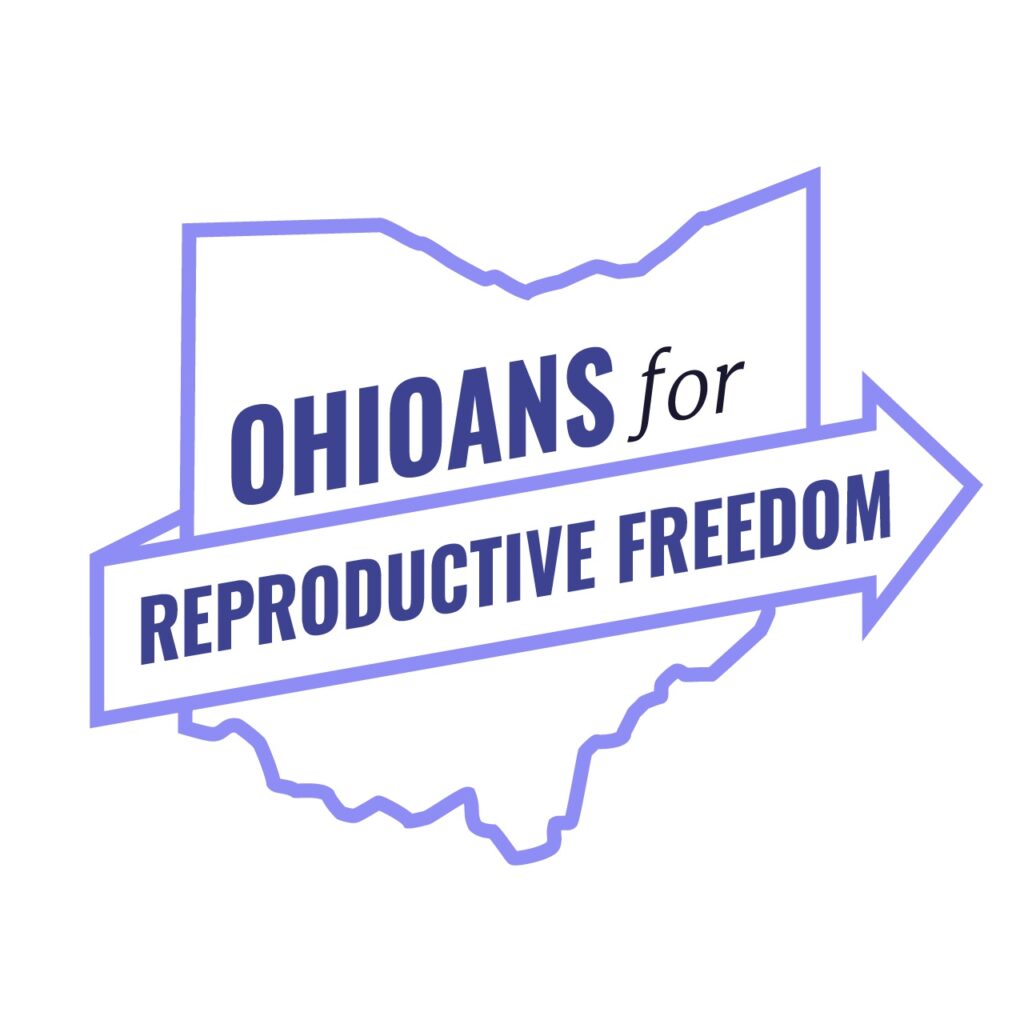
NOTE: This is the 6th in a series of posts written by KSS members linking social and environmental justice issues to the 7 sephirot of the Omer cycle. To read the past five posts, please check our blog archive.
WEEK 6: Gevurah: May My Left Hand Share Its Cunning
by Jan Leibovitz Alloy
I don’t tweet. I don’t boast photos of my culinary masterpieces, such as they are, on Instagram. I don’t post my every move on Facebook. If I read an interesting political article in the New York Times, I may drop it on my FB page but rarely with a comment—read it or not, as you choose, and decide for yourself what to think.
This summer, for the first time in my life, I plunked a political sign on my front lawn: Vote No on August 8. I also spent weekends and evenings, as did other KSS members, collecting signatures to put reproductive freedom on the November ballot. Again, not my usual MO, to walk up to strangers and tender my agenda.
I was astonished at the variety of people who chose to sign or not: Carloads of gnarly looking men exuding machismo who pulled over and nearly pushed each other out of the way to sign first. Young, purple-haired women and girls in short skirts and hip-hop t-shirts who nearly pushed me out of the way to avoid signing at all.
Some of the conversations I had were equally enlightening.
A vendor at a street market meat stall—one of those manly looking men—called me over and said he was anti-abortion; those who make mistakes need to pay for them. Then he reached for my clipboard. “I don’t believe in abortion. I also don’t believe anyone has a right to tell anyone else what to do with their body,” he told me.
A young pregnant couple politely declined to sign but wanted to compare my Jewish values against their Christian ones. I explained that Jews consider life to start at birth, that until then the mother’s health prevails, which they—again politely—rejected outright, even as they asked for more. I told them of some friends pregnant with identical girls who developed severe twin-to-twin transfusion syndrome, an imbalance in blood exchange—essentially, they were killing each other in utero. Rather than suffer the mother months of carrying two dead fetuses, my friends, after much soul searching, chose to induce labor early and hold their daughters as they died. The couple shook their heads. I told them of Tay-Sachs disease, in which seemingly healthy infants lack an enzyme that triggers cellular chemical reactions, causing them to gradually lose motor skills, hearing, vision, and mental functions. The mortality rate, I said, is 100%. There is no cure, but there is a prenatal test so a family can abort and save their child a protracted, agonizing death. Another head shake. It’s God’s will.
God’s will … the unbridled definition, perhaps, of Gevurah as enforced legal requirements—judgmental, punitive, rigid. A definition unchecked by Chesed—lovingkindness. The sefira of Gevurah is associated with the left arm, Chesed with the right. Twin concepts that, like twins themselves, function together in balance.
Rabbi Min Kantrowitz defines Gevurah as “the type of strength that assesses a situation and then responds appropriately.” It is the type of strength that helps us make thoughtful choices, even when those choices are uncomfortable. The type of strength that guides us away from blindly condemning others whose belief systems differ from ours, the type of strength that understands life has more grays than black-and-whites.
On August 8, we saw the profound defeat of an attempt to cut off the right arm and grab the left by politicians eager to take advantage of citizens who, quite frankly, do not have the Gevurah—the strength—to make their own decisions. On November 7, again, we will decide whether to use our strength to push away our right to exercise thoughtful cognition—God’s will, an ability given only to humans—or to embrace with both arms our right to make our own reproductive choices.
To get involved – Sign up to volunteer with Ohioans for Reproductive Rights (OURR) HERE. Ohioans United for Reproductive Rights is a coalition of statewide reproductive health, rights, and justice organizations working to ensure Ohioans, not the government, have control over their own reproductive freedoms.
To learn more about the Jewish position on abortion, visit Jews for Abortion Access, a project of the National Council for Jewish Women’s.
